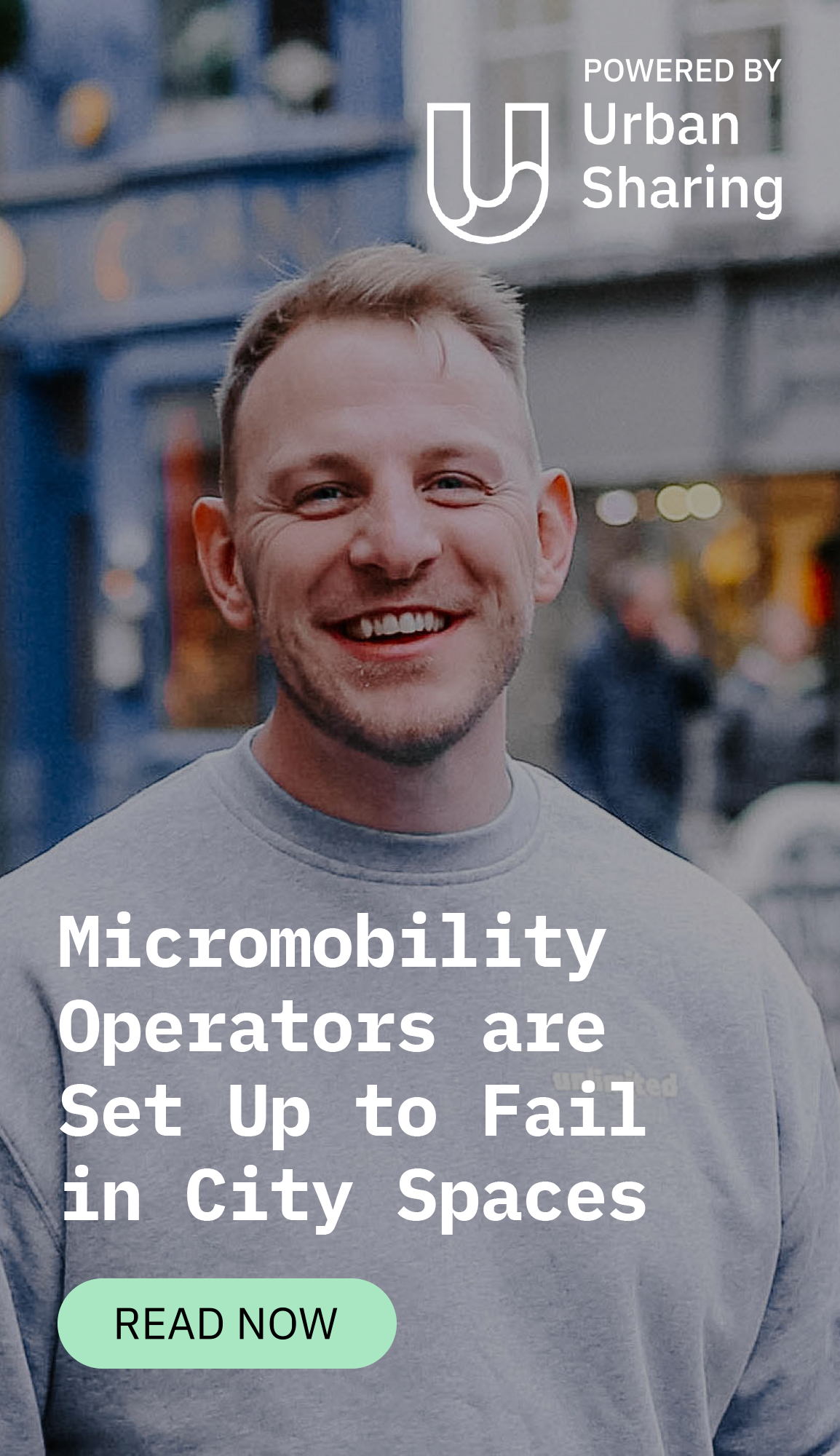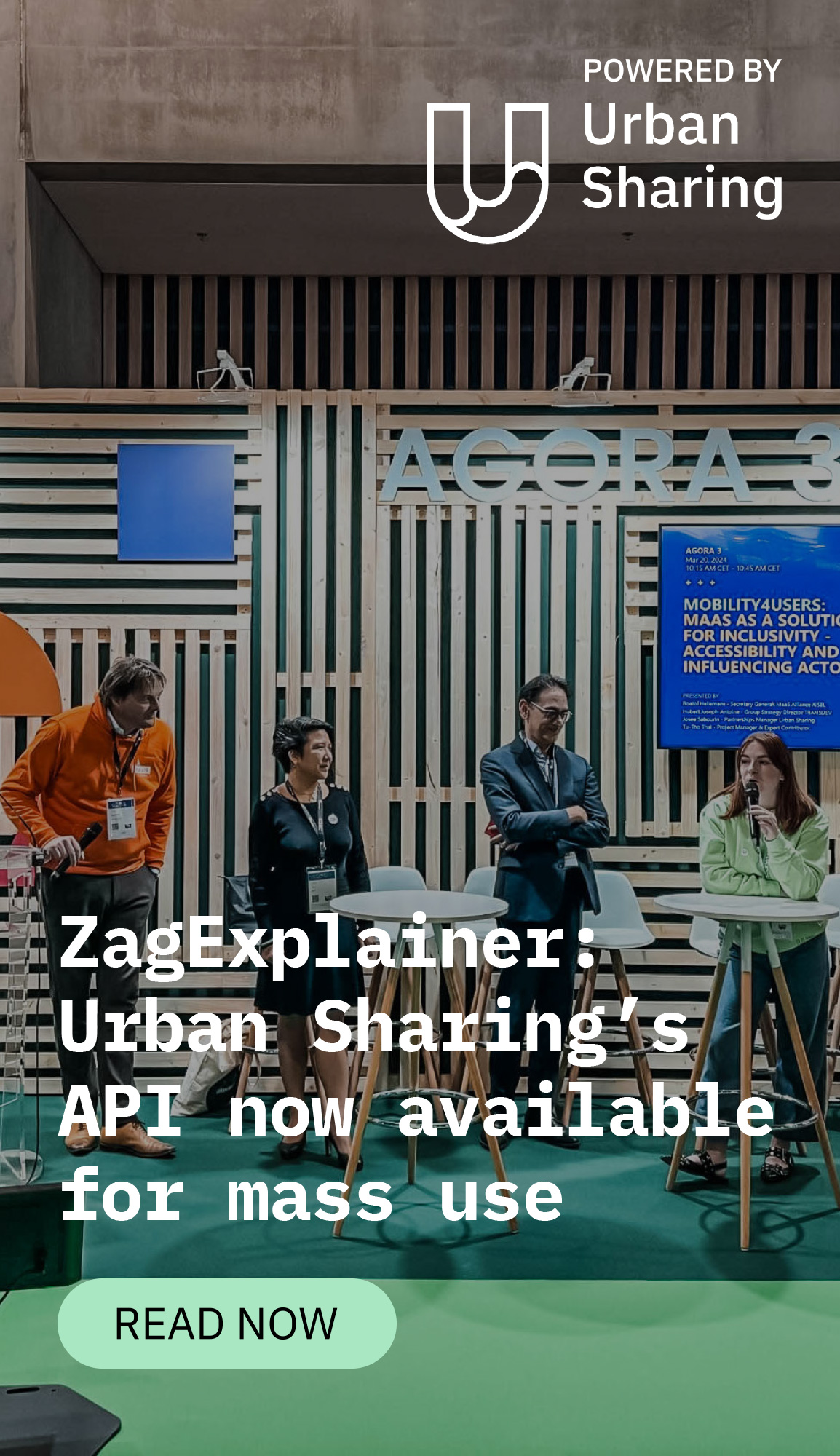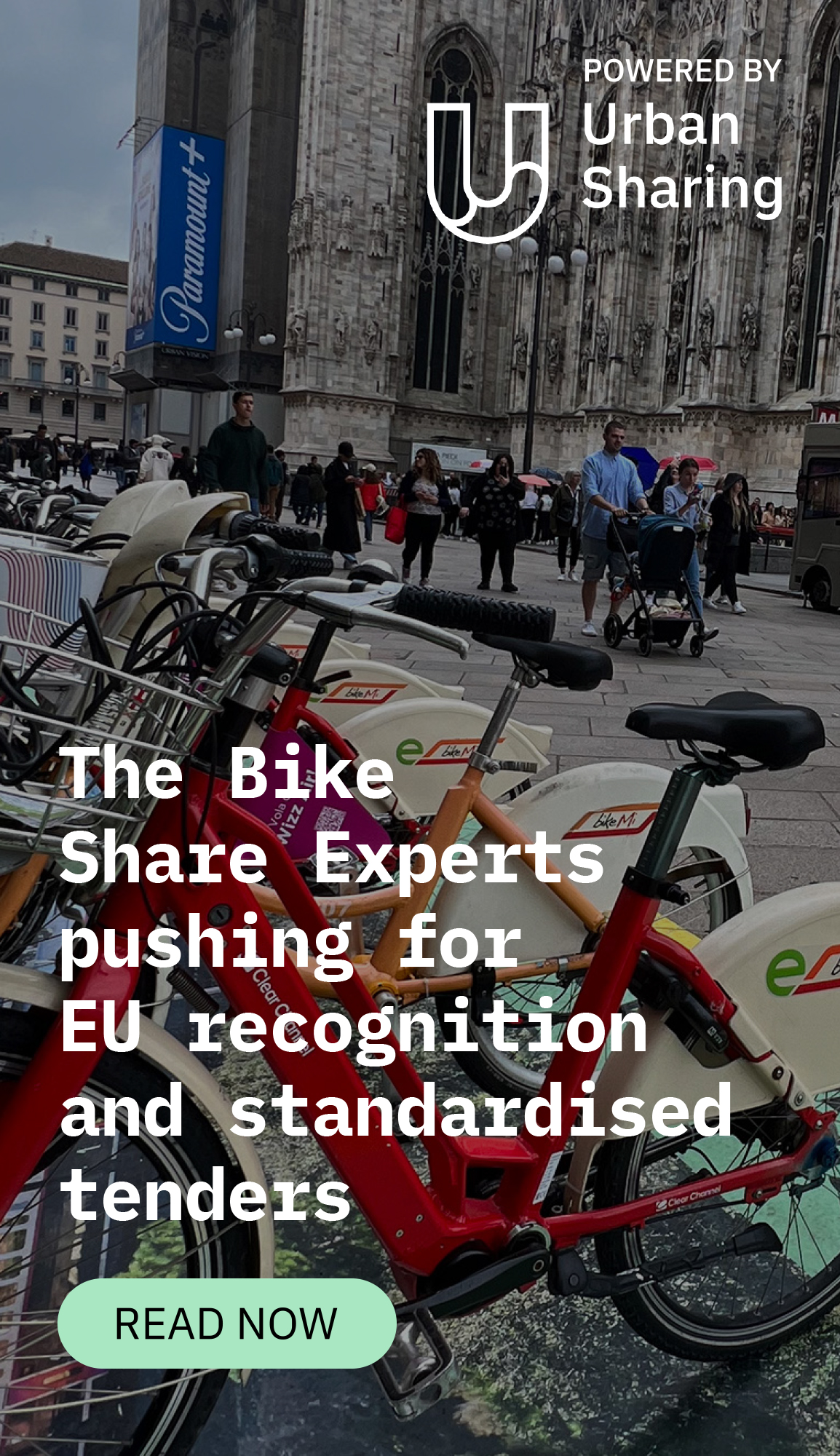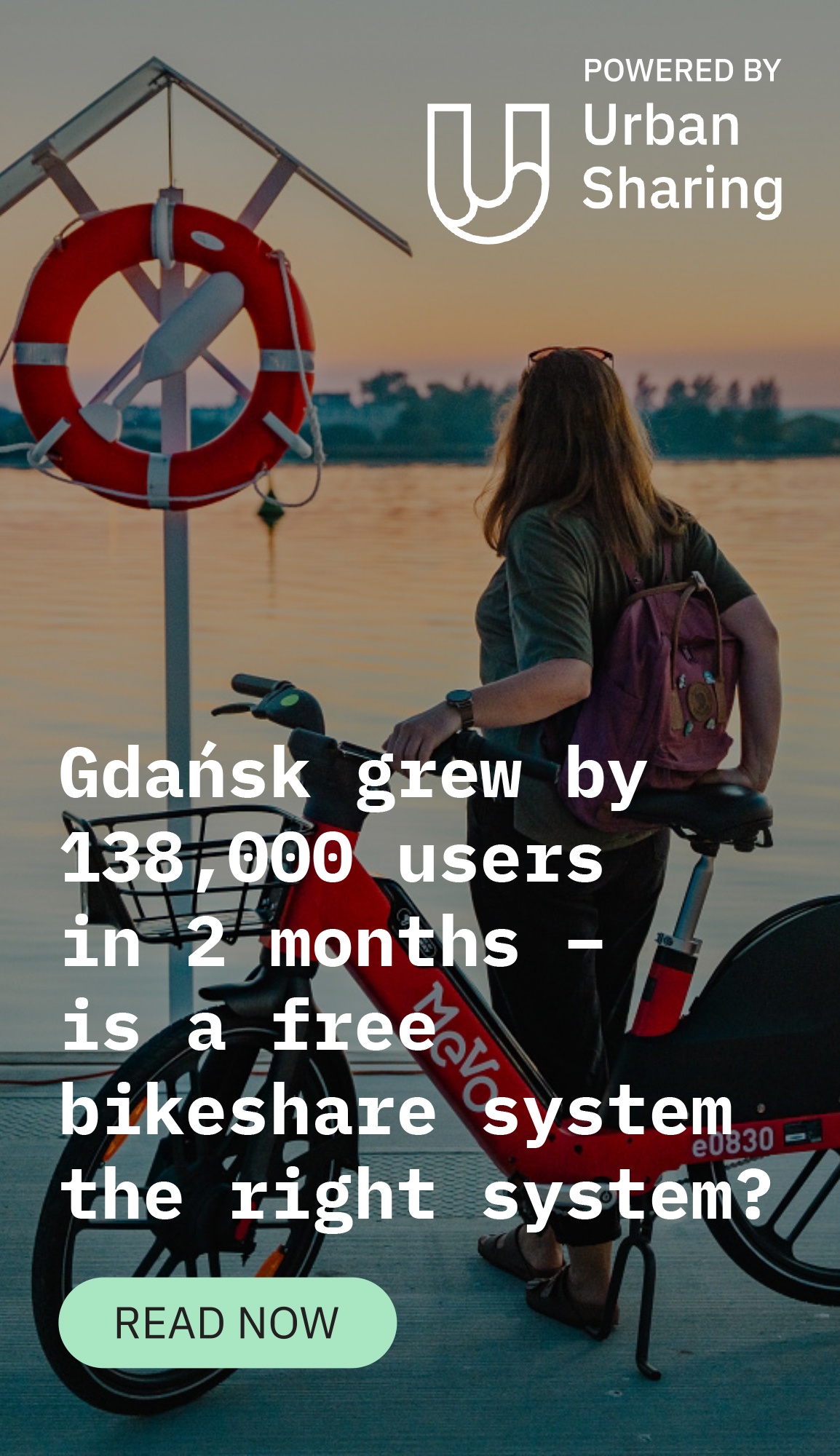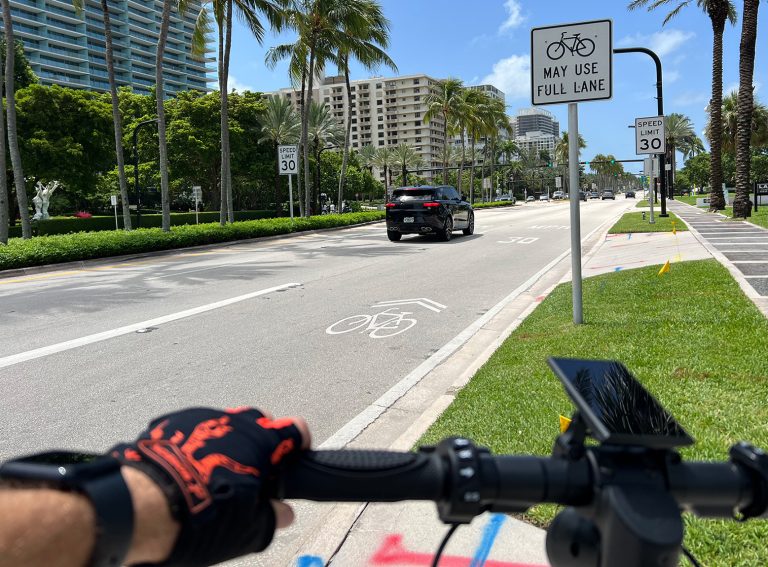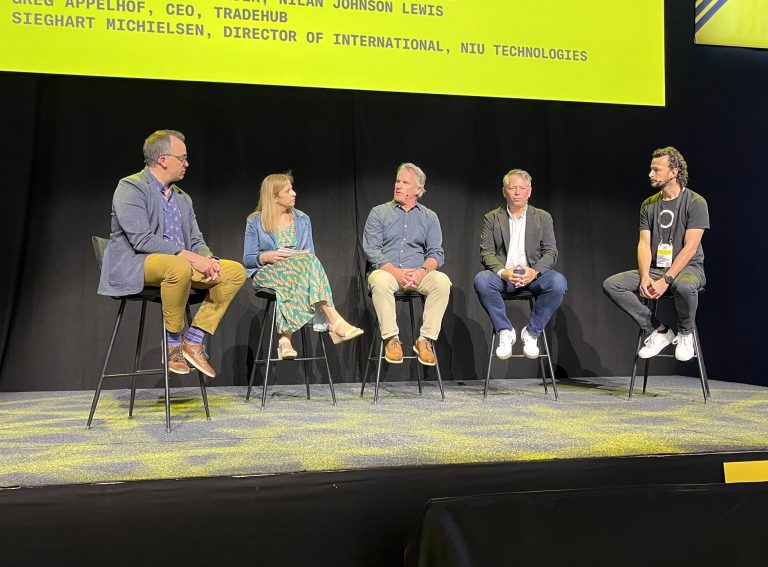Author: Adam Escott, Community Engagement Lead, Superpedestrian.
In January 2021, Nottingham residents made an average of 720 daily journeys on shared e-scooters. In January 2022, the number of daily journeys had jumped to 2,100 – almost a threefold increase!
With more than one million journeys in its first 12 months, the Nottingham shared e-scooter programme has proved to be among the UK’s most popular shared e-scooter services – and growth has continued at pace.
This is translating into a meaningful mode shift. Nottingham residents used on-street and personal-lease shared e-scooters to cover a total distance of 91,745 miles in January this year alone, replacing some 30,000 miles of car journeys. Fewer short car journeys means reduced congestion and improved air quality, which benefits everyone in the city.
What makes Nottingham such a stand-out performer? Here are three secrets to shared e-scooter success in the famous British city.
Vehicle comfort, safety and 15 trillion safety checks
Safety starts with the vehicle, and so does returning ridership. We’ve found riders prefer our sturdy vehicle in city after city across Europe and North America thanks to the larger footboard, chunky steering column, wider handlebars and strong suspension.
Nottingham has proved no different. The Superpedestrian shared e-scooter rolled into the city in December 2021 with 750 on-street e-scooters. Nottingham (and neighbouring Derby) are among the only places in the UK to offer personal-lease models, too, which is proving to be a vital information source for the DfT to assess what private e-scooter use might look like.
(The previous model, which had been operated by Wind Mobility UK, was shipped back to the Wind parent company for use in other parts of the world).
The care and attention to detail that went into Superpedestrian’s two-year vehicle design, engineering and testing process has not gone unnoticed.
“I liked the old e-scooters, but I love the new ones,” wrote Jake Brigstock, a reporter at the Nottingham Post, when putting our scooter through its paces, and comparing it to the previously-available model from another manufacturer. “The ride is so much better, more smooth and I do feel a lot more safe on them.”
While riders love what they see, what they don’t see is just as important. Our patented Vehicle Intelligence system runs 1,000 vehicle health checks every second during rides, ensuring all vehicle components are safe. VI has conducted a staggering 15 trillion vehicle health checks since we launched our shared mobility service, which is a safety standard that simply cannot be matched in any other way.
Investing in people with rider training, community outreach and fire safety
Investing in the community does not come cheap but we believe it is a key reason why Nottingham residents make so much use of our service.
In our first 12 weeks in the city, we have already run three out-of-home education campaigns to drive cultural awareness of what good rider behaviour looks like. It’s not enough to educate riders through an app, or even through printed instructions on the scooter itself (although we do both of these, too). Only when all residents in a city understand where shared e-scooters should and shouldn’t be will we drive up rider standards. This is easy to say but harder to achieve, but we’re pleased to have made a strong start.
We’ve also instituted a series of free-to-attend, drop-in safety training sessions with our partner, ScootFit. We’ve been delighted to see riders of all ages and backgrounds attend, including several people in their 70s.
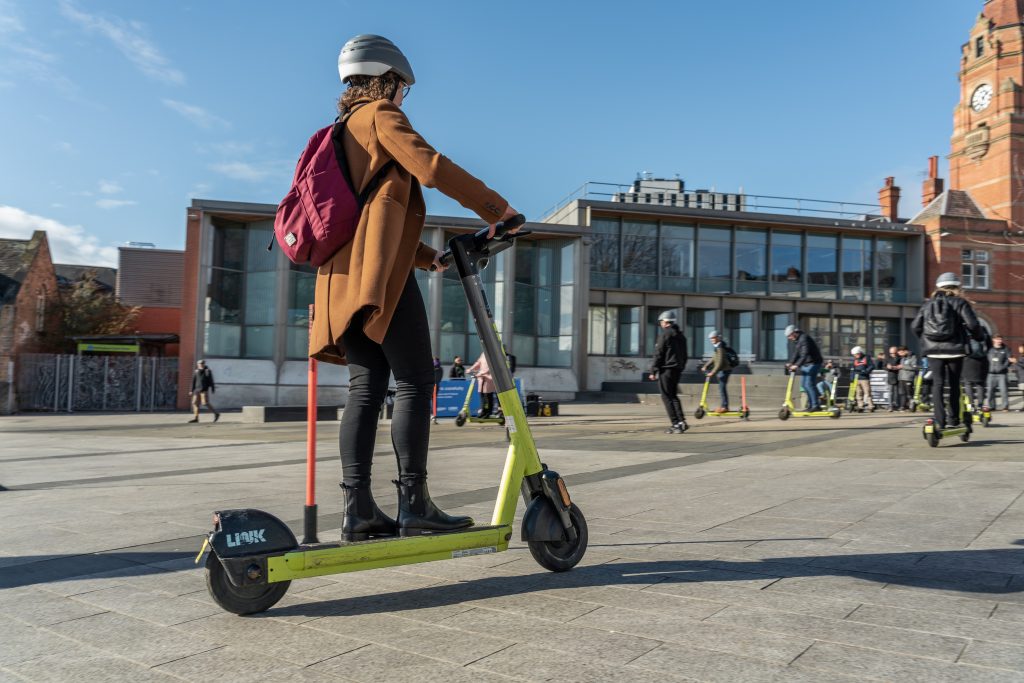
We’ve had the pleasure, too, of engaging with many community groups, the police, and national organisations such as Sustrans. Nottingham is fast becoming a beacon of good practice when it comes to community outreach and action.
Our street safety team now includes six full-time parking patrollers, and a community engagement lead (me). This team of seven is on-call seven days a week. Hiring local, in-house staff is an important part of keeping quality standards high across the entire programme. It means we can run our own operations centre, which helps mitigate the chances of the sort of catastrophic warehouse fire seen recently elsewhere in UK trials.
Investing in modal shift innovation
Before Superpedestrian entered the UK market, we were surprised not to have seen more experimentation in pricing across the trial zones, including in Nottingham. It’s the type of innovation that may be easily overlooked but that might hold huge consequences for modal shift, which is the goal of the entire sector.
Pricing this shared transport mode low enough to be an attractive alternative to car journeys, while not being so cheap that it competes with legacy public transport or active travel (including bike share) is not an easy balance to strike, and we think there is more to learn here.
Nottingham has proved to be a centre for innovation in so many ways, including community outreach, vehicle safety and in being one of the only places in the country where long-term personal rental e-scooters are in use. Piloting adjustments in pricing to gauge effects on modal shift is a logical step.
I’m delighted to be part of the Superpedestrian story, and building-out our community engagement as we head towards the even-busier summer season. As someone who moved to the city and fell in love with it a few years ago, I’m determined to help make Nottingham the blueprint for success when it comes to safe, reliable and affordable shared e-scooter programmes.

